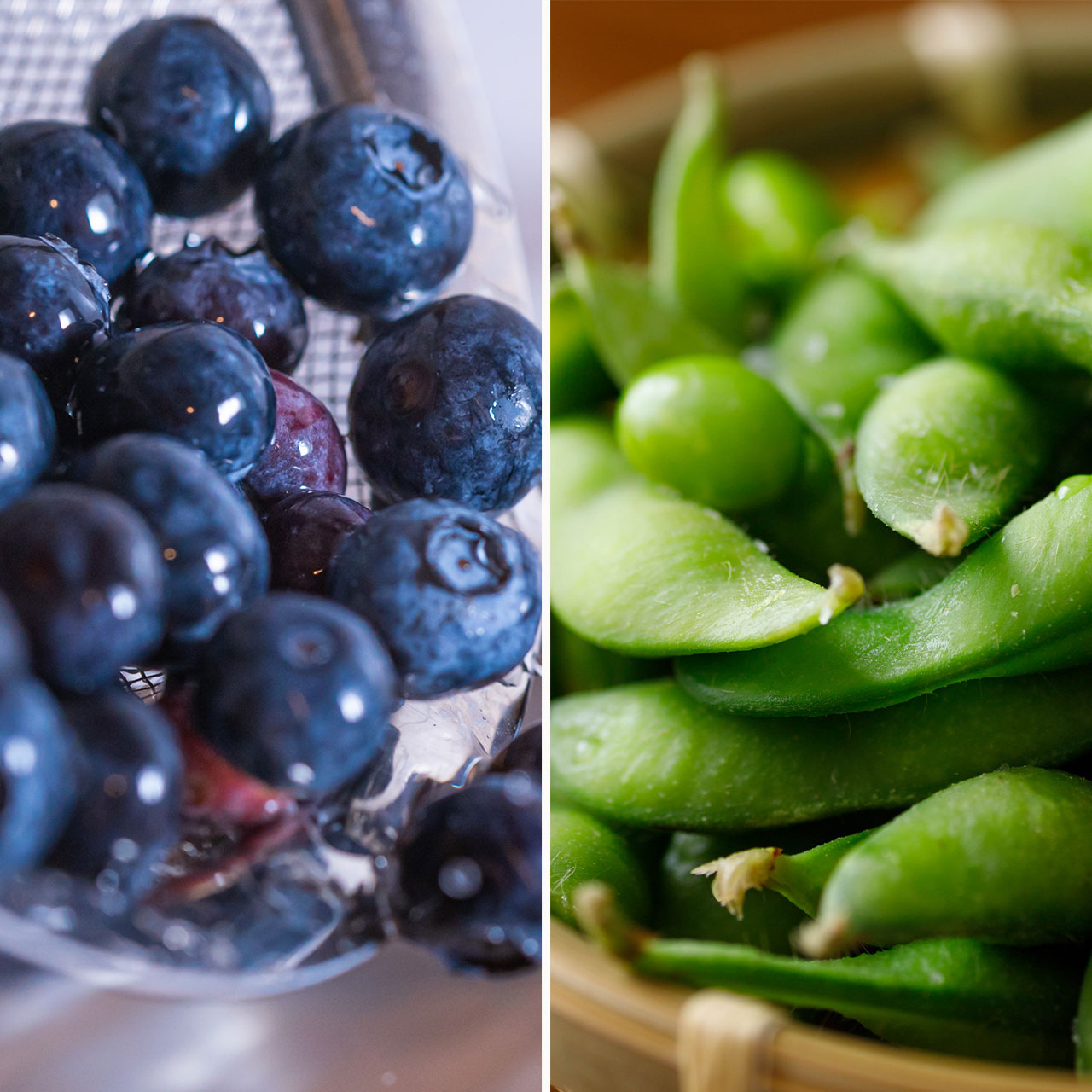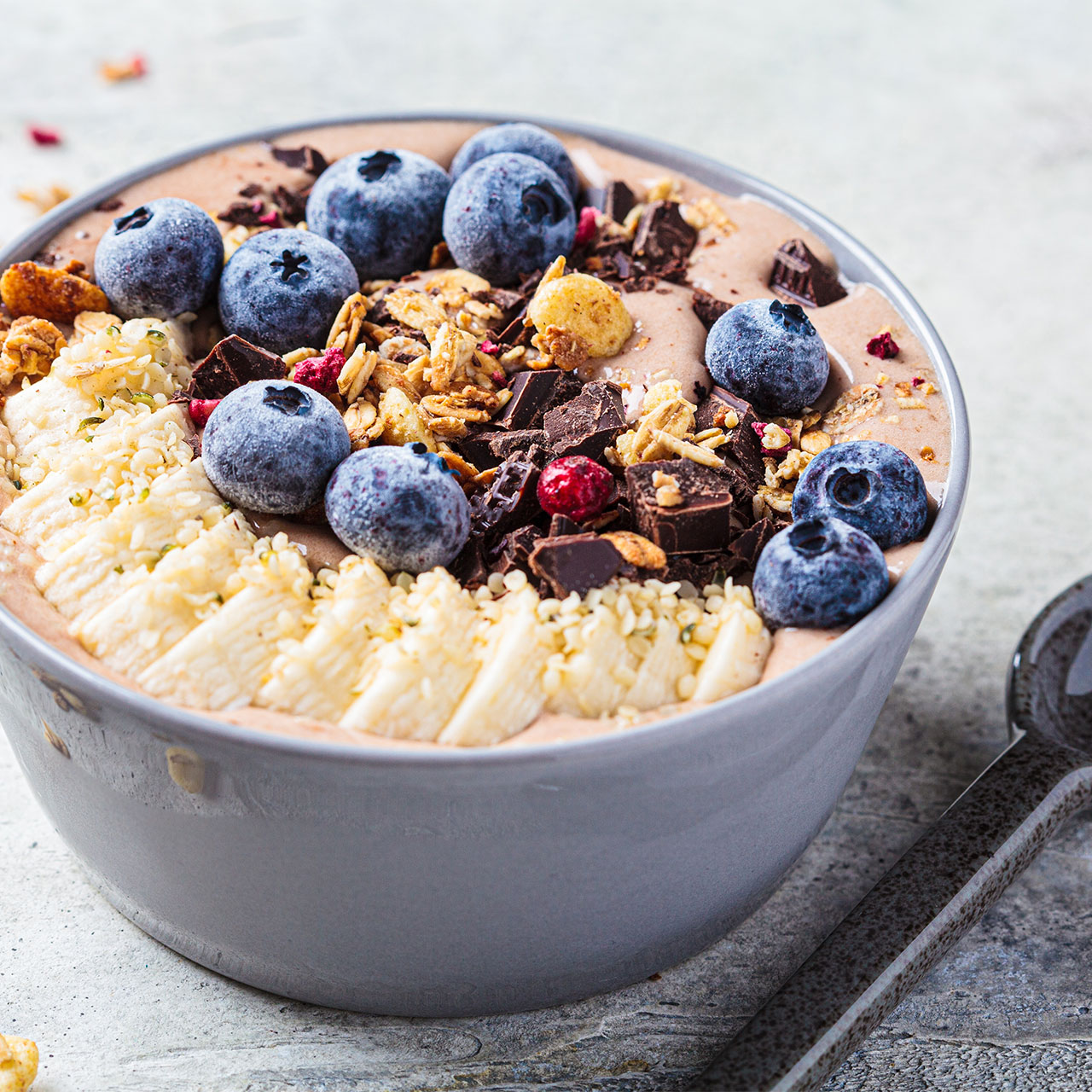Probiotic-rich foods, like yogurt, kefir, and fermented vegetables, are known for their gut health benefits, but they also offer powerful advantages beyond digestion. Regularly incorporating these foods into your diet can have positive effects on memory, mood, and heart health, especially for those over 50. Probiotics support brain function by promoting a healthy gut-brain connection, help balance mood-regulating hormones, and contribute to heart health by lowering cholesterol and reducing inflammation.
We consulted with several health experts to uncover nine probiotic-rich foods that can help boost memory, mood, and heart health after 50. They highlighted top picks like miso soup, kimchi, yogurt, kefir, sauerkraut, and more. Keep reading to discover all nine!


1. Yogurt
The probiotics in yogurt help maintain a healthy gut, which is linked to brain health through the gut-brain axis.
"Yogurt, rich in probiotics like Lactobacillus and Bifidobacterium, supports cognitive health by promoting a balanced gut microbiome. This balance is crucial for reducing inflammation and maintaining brain function through the gut-brain axis. The probiotics in yogurt help regulate neurotransmitters, including serotonin, which is essential for mood regulation and emotional well-being," says Dr. Sham Singh from Winit Clinic.

2. Kefir
Similar to yogurt, kefir also contains many probiotic strains that benefit cognitive function and overall health. Singh elaborates, "Kefir’s diverse probiotic strains and bioactive compounds enhance gut health and are linked to improved cognitive function and protection against cognitive decline. Regular consumption of kefir supports a healthy gut microbiome, which plays a crucial role in stabilizing mood and reducing symptoms of anxiety and depression. Kefir can contribute to lower blood pressure and improved cholesterol levels, benefiting heart health."
"One study found that eating six servings of fermented foods [like kefir] per day led to better microbiome diversity and reduced markers of inflammation,” explains Samantha Cassetty, MS, RD. "These factors can lower your risk of numerous conditions, including autoimmune conditions, type 2 diabetes, heart disease, and mood disorders like depression and anxiety."

3. Sauerkraut
The probiotics in sauerkraut support gut health, which plays a role in brain function due to the gut-brain connection.
"Sauerkraut, with its probiotic content, is a powerful fermented food that I advocate for in managing gut health. A healthy gut, supported by the probiotics in sauerkraut, can positively influence cognitive function and memory by mitigating inflammation and oxidative stress. The probiotics in sauerkraut also enhance the gut-brain connection, which helps in managing mood and reducing anxiety and depression," says Singh.

4. Kimchi
The probiotics found in kimchi can improve memory by reducing inflammation and oxidative stress, which are linked to cognitive decline as we age.
"Kimchi is my personal favorite due to its rich probiotic content, which supports a well-balanced gut microbiome. This balance is crucial for enhancing cognitive function and memory. Kimchi’s probiotics can help regulate gut bacteria, which is closely tied to mood stability and mental health. It also benefits heart health, with associations to lower cholesterol levels and reduced blood pressure," Singh notes.

5. Miso soup
The probiotics in miso support gut health, which can positively affect brain function, potentially helping to preserve memory and cognitive clarity. Additionally, miso's antioxidants and healthy compounds may help reduce inflammation and support heart health.
"Miso soup is a Japanese staple made from fermented soybeans. It's rich in probiotics, particularly strains that thrive in salty environments. Miso soup aids in digestion and helps reduce bloating by fostering a healthy balance of gut bacteria," Johanna Angman, a registered dietitian and nutritionist, notes.
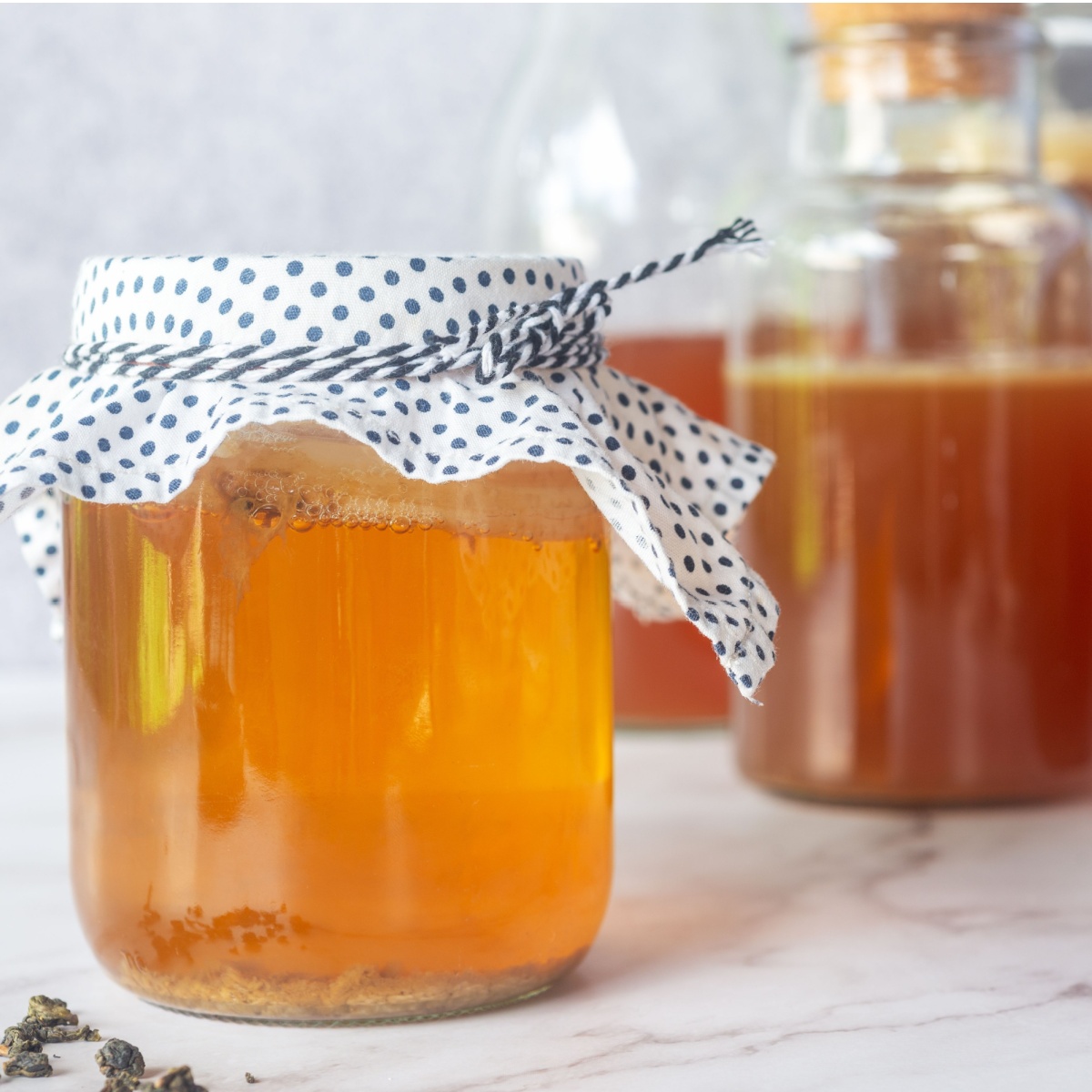
6. Kombucha
Kombucha contains antioxidants and organic acids that may help lower cholesterol and support heart health by reducing oxidative stress and inflammation, making it a beneficial drink for maintaining overall wellness. The probiotics in kombucha help balance gut bacteria, which can positively affect brain function and improve memory by reducing inflammation.
Dr. Akanksha Kulkarni says, "Kombucha contains probiotics that help improve gut health by maintaining gut flora balance."
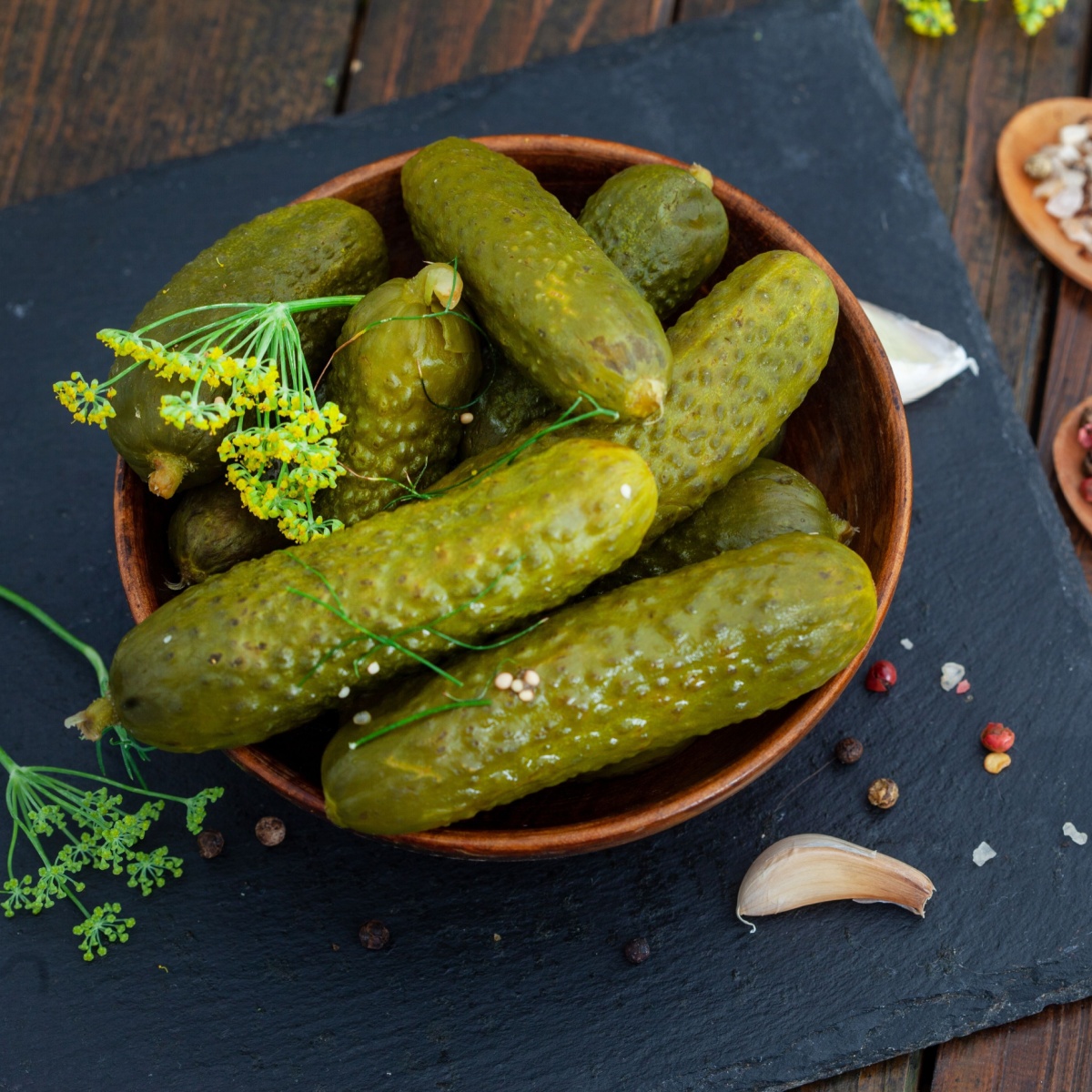
7. Fermented Pickles
The probiotics in fermented pickles promote a healthy gut microbiome, which can help reduce inflammation and oxidative stress, potentially supporting better memory and cognitive function. Additionally, by improving gut health, these probiotics can influence the production of mood-regulating neurotransmitters, helping to stabilize mood and reduce stress.
Michelle Saari, MSc, RD, says, "Naturally fermented pickles are a low-calorie snack rich in probiotics. They also contain vitamin K, which is important for blood clotting. But it's important to watch the sodium content in pickles, as high sodium intake can be detrimental to health."
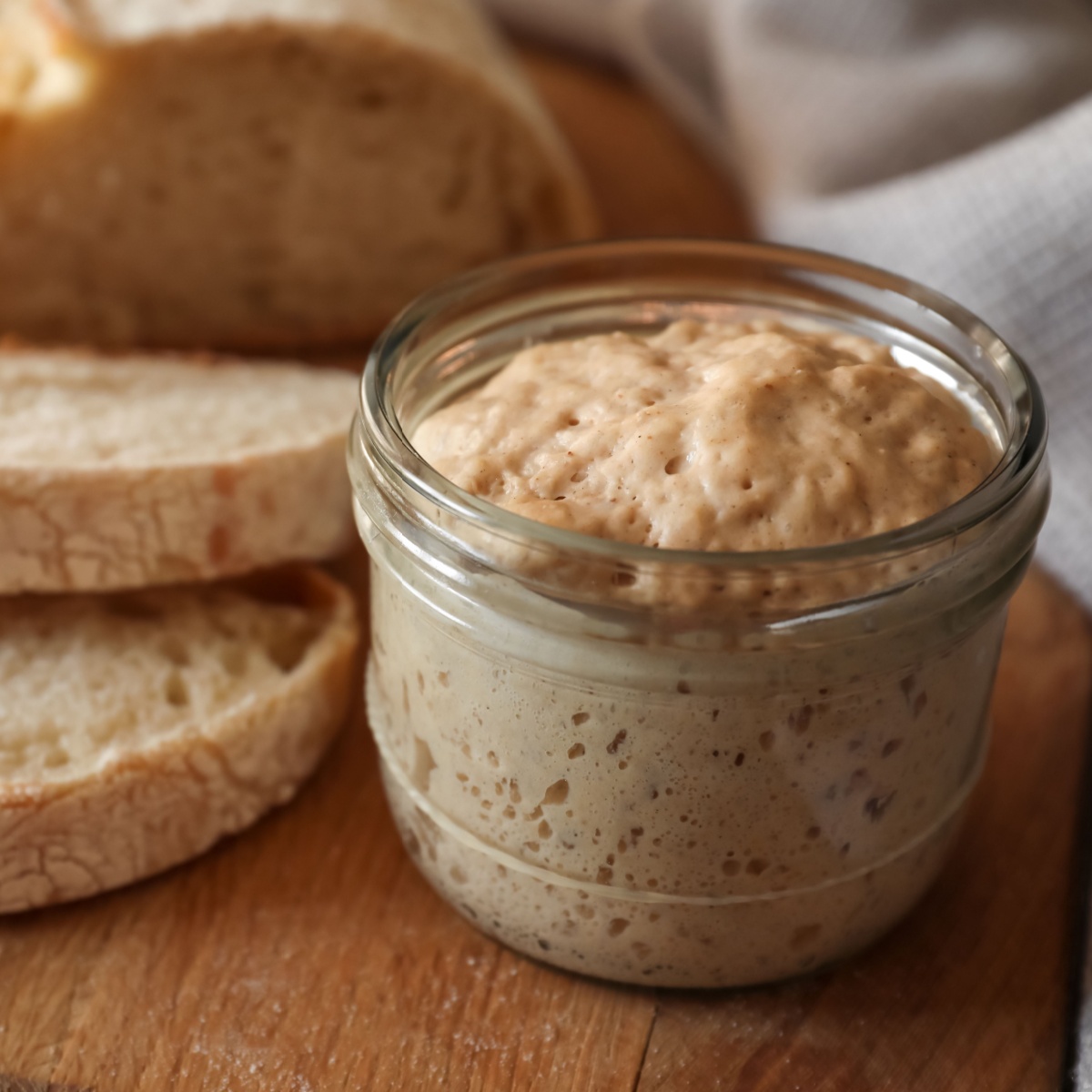
8. Sourdough Bread
The fermentation process of sourdough bread increases the bread’s probiotic content, which can support gut health and, by extension, cognitive function and memory.
A healthy gut microbiome may help reduce inflammation, which is linked to cognitive decline. Additionally, sourdough has a lower glycemic index compared to other breads, which helps regulate blood sugar levels and can be beneficial for heart health by reducing the risk of cardiovascular disease and improving cholesterol levels.
"A healthy gut microbiome aids in the efficient digestion and absorption of nutrients. Probiotics help break down food, making it easier for the body to absorb the nutrients that we need to be healthy. This can help to reduce bloating, gas, and constipation, leading to a more comfortable gut and health," Saari notes.
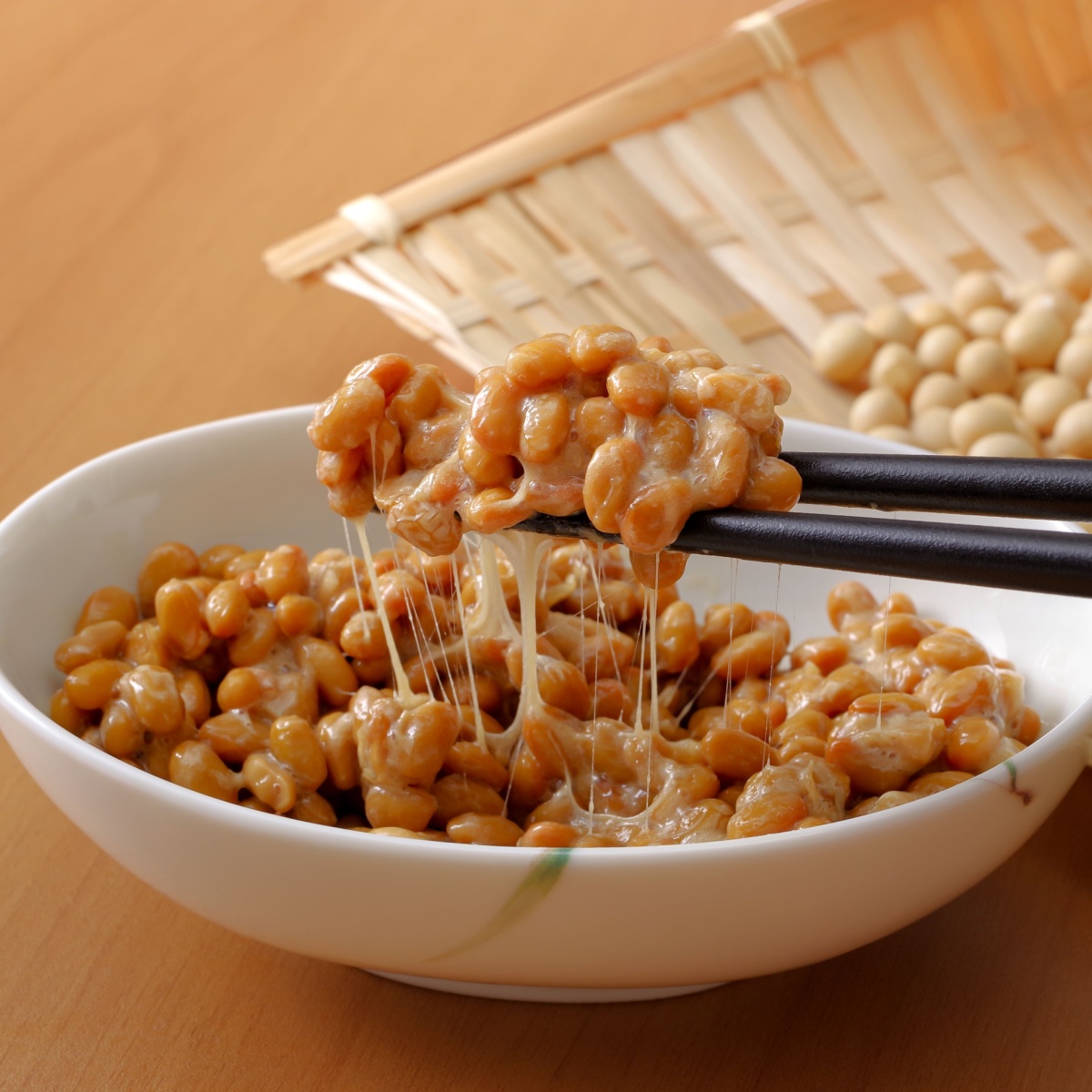
9. Natto and Tempeh
Natto contains high levels of vitamin K2, which supports cardiovascular health by preventing artery calcification and promoting healthy blood clotting. Its probiotics and dietary fiber can also help lower cholesterol levels and improve heart health. Tempeh’s fermentation process enriches it with probiotics and nutrients that support a healthy gut microbiome, which can enhance cognitive function and memory.
Both natto and tempeh are examples of fermented soy, making them not only excellent sources of plant-based protein but also great ingredients to improve your gut health as well. “Natto is a natural blood thinner,” Sarah Anderson, NP, adds.



